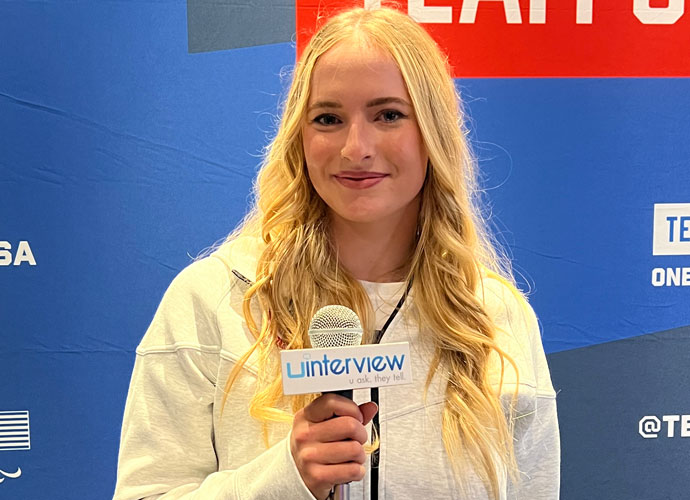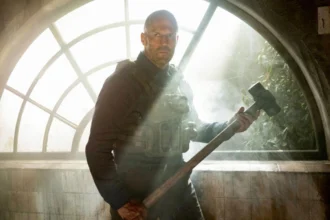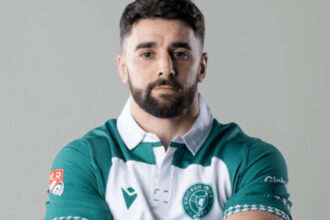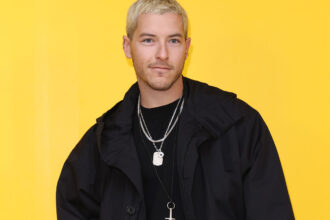VIDEO EXCLUSIVE: U.S. Slalom Canoeist Evy Leibfarth Uses Visualization At Paris Olympics
Evy Leibfarth, a rising star in the U.S. Olympic team, is gearing up for the 2024 Paris Olympics with a renewed focus and a deeper appreciation for her sport. Specializing in canoe slalom, a sport she has been involved in since she was a toddler, Leibfarth’s journey is as much about personal growth as it is about athletic achievement.














Leave a comment